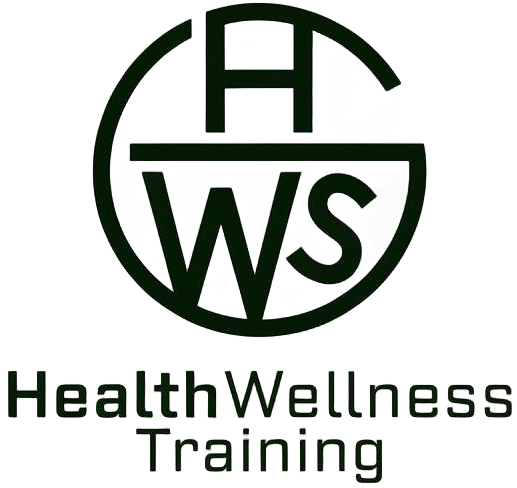
In the quest for better health management, many people explore alternative treatments alongside conventional medicine. This is largely because modern medications, often composed of chemical-based substances, can come with significant side effects, whereas traditional and alternative therapies are perceived as more natural and generally carry fewer risks. Recent studies have highlighted niacin as a potential alternative treatment for diabetes.
Understanding Niacin and Its Role in Diabetes Management
Niacin, commonly known as vitamin B3, plays a crucial role in the body. It’s important to note that niacin should only be consumed in small amounts, as excessive intake can lead to an increase in cholesterol levels by lowering LDL and triglycerides. Despite this, niacin remains an essential nutrient, and recent research suggests it could be beneficial for diabetes treatment. Below are some key benefits of niacin in managing diabetes.
Positive Effects on Blood Lipids
Type 2 diabetes patients often struggle with high blood lipid levels, a condition that can significantly increase the risk of heart attack or stroke. Studies have shown that low doses of niacin can positively impact blood lipid levels in diabetic patients. However, it’s important to note that higher doses of niacin can have the opposite effect.
Enhances Glycemic Control
Diabetes management requires strict dietary control to maintain stable glycemic levels. Even foods with low glycemic indices can sometimes cause blood sugar spikes. Niacin, when consumed in low doses, can help diabetic patients better manage their glycemic levels.
Supports Heart Health
Diabetic patients are at a higher risk of developing heart conditions due to the correlation between elevated blood sugar levels and high blood pressure. Low-dose niacin treatment has been shown to improve blood lipid profiles, helping to reduce the risk of heart disease in diabetic individuals.
Lowers LDL Cholesterol
Diabetic patients are prone to higher levels of LDL, or “bad” cholesterol. Low-dose niacin treatment can help decrease these levels. However, it’s crucial to manage the dosage carefully, as higher doses can lead to increased blood sugar levels.
Reduces Triglycerides
Niacin not only helps lower LDL cholesterol but also reduces triglyceride levels, another type of lipid that is often elevated in diabetic patients. Managing both cholesterol and triglycerides is essential for those with diabetes, but it should be done under the supervision of a healthcare provider.
Promotes Digestive Health
A healthy digestive system is vital for efficient metabolism, especially for diabetic patients who follow strict dietary guidelines. Niacin supports optimal digestive function, aiding in the absorption of essential nutrients.
Recommended for Type 2 Diabetes
Patients with type 2 diabetes often face challenges related to cholesterol and cardiovascular health, as well as obesity. Low-dose niacin treatment is recommended for managing blood lipids, including both cholesterol and triglycerides, in these patients.
Potential to Lower Type 1 Diabetes Risk in Children
The incidence of type 1 diabetes in children is on the rise. Ensuring adequate niacin intake could potentially lower the risk of developing this condition.
Important Cautions Regarding Niacin Use
While niacin can offer benefits for diabetic patients, it also carries risks, particularly when consumed in high doses. Excessive niacin can spike blood sugar levels, making dosage a critical factor. The recommended daily intake of niacin varies by age and gender and should be determined by a healthcare provider.
Excessive niacin intake can lead to a condition known as niacin flush, which involves blood vessel dilation and symptoms ranging from tingling to burning sensations and pain. Long-term use of high-dose niacin can also cause liver damage, highlighting the importance of proper dosage.
Niacin deficiency is rare, as many cholesterol-lowering foods contain sufficient amounts of this vitamin. However, niacin remains an essential nutrient. Instead of relying on supplements, it’s preferable to obtain niacin from natural food sources. Rich sources of niacin include chicken breast, light tuna, beef, salmon, lentils, and peanuts.


